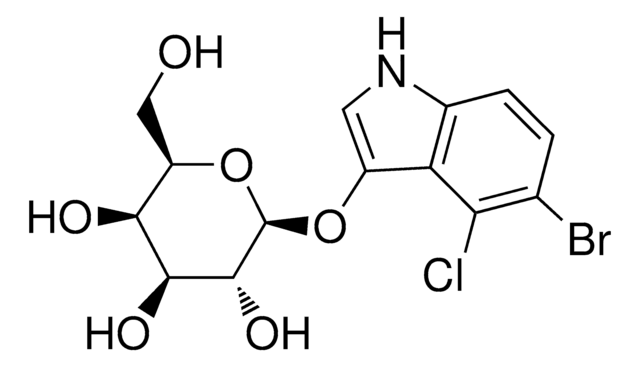P9387
Potassium hexacyanoferrate(II) trihydrate
ReagentPlus®, ≥98.5%
Synonyme(s) :
Potassium ferrocyanide, Yellow prussiate
About This Item
Produits recommandés
Niveau de qualité
Gamme de produits
ReagentPlus®
Essai
≥98.5%
Forme
powder
pH
8-10 (25 °C, 211 g/L)
Pf
70 °C (lit.)
Chaîne SMILES
O.O.O.[K+].[K+].[K+].[K+].N#C[Fe-4](C#N)(C#N)(C#N)(C#N)C#N
InChI
1S/6CN.Fe.4K.3H2O/c6*1-2;;;;;;;;/h;;;;;;;;;;;3*1H2/q;;;;;;-4;4*+1;;;
Clé InChI
NRYOVBQTVIWDNU-UHFFFAOYSA-N
Vous recherchez des produits similaires ? Visite Guide de comparaison des produits
Application
Informations légales
Code de la classe de stockage
11 - Combustible Solids
Classe de danger pour l'eau (WGK)
WGK 2
Point d'éclair (°F)
Not applicable
Point d'éclair (°C)
Not applicable
Faites votre choix parmi les versions les plus récentes :
Déjà en possession de ce produit ?
Retrouvez la documentation relative aux produits que vous avez récemment achetés dans la Bibliothèque de documents.
Les clients ont également consulté
Notre équipe de scientifiques dispose d'une expérience dans tous les secteurs de la recherche, notamment en sciences de la vie, science des matériaux, synthèse chimique, chromatographie, analyse et dans de nombreux autres domaines..
Contacter notre Service technique


